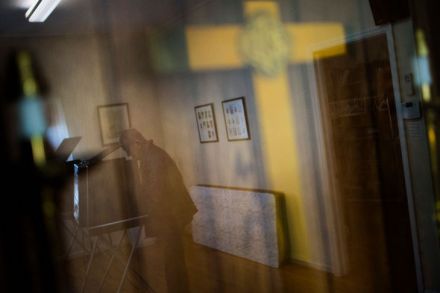Why conservatives should embrace their Christian heritage
The heydays of Christian influence over European politics may seem long gone. In the UK, after the most recent general election, four-tenths of all MPs took secular affirmations – up from less than a quarter in 2019 – while in Europe, parties with explicitly Christian foundations often seem embarrassed about their religious heritage as they tumble down the polls. Yet Christians have not stopped turning up for those parties. To play to its strengths and resolve its identity crisis, the centre-right should embrace its Christian inheritance. By returning to this Christian inheritance, the centre-right can offer a vision that is compelling to all and re-establish its dominance Even as the





















